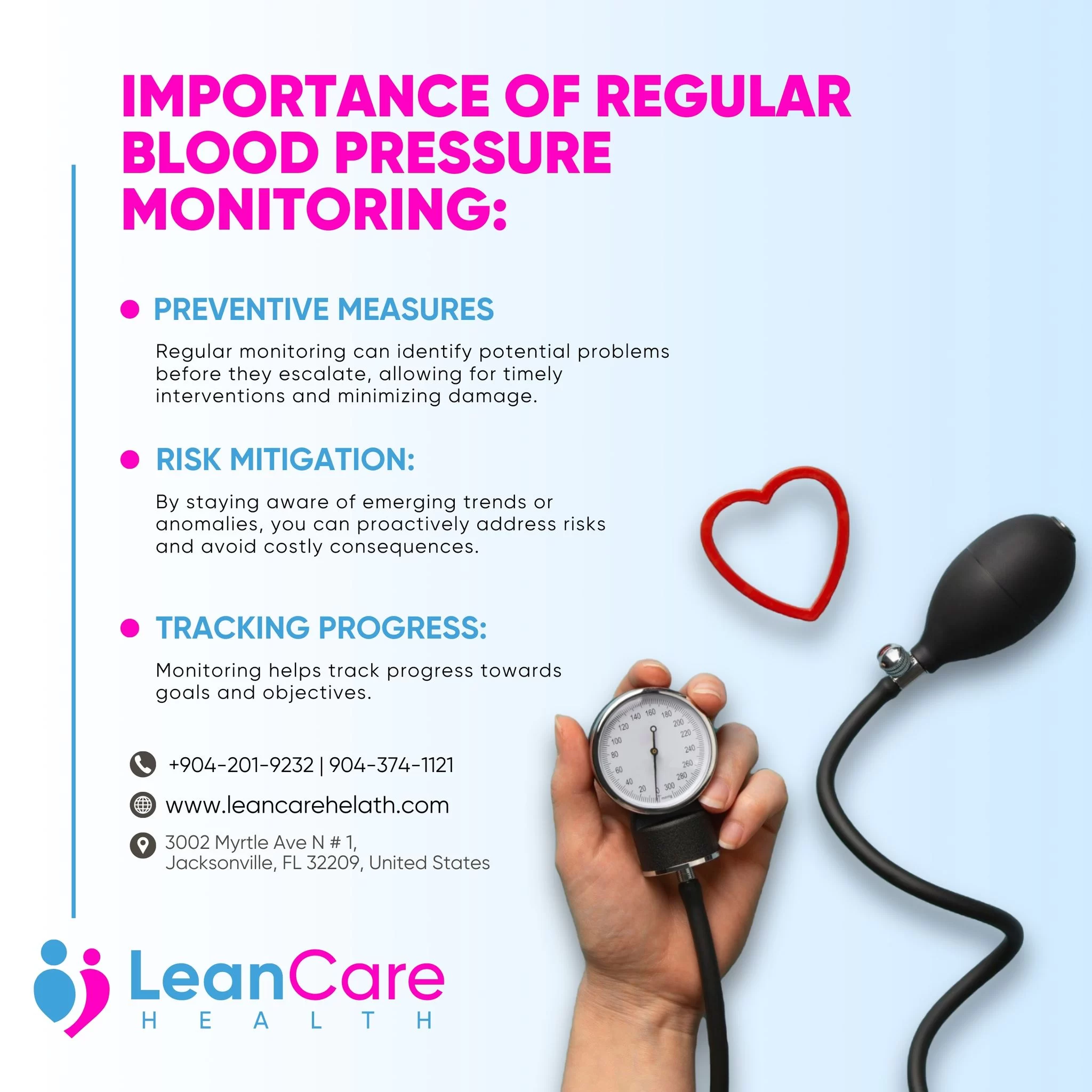Learn how to manage asthma during winter. Discover common triggers like cold air and mold, and follow effective tips to breathe easy this season.
Why Winter is Challenging for People with Asthma
Winter can be a tough season for people with asthma. Cold air, damp weather, and an increase in respiratory infections make asthma symptoms harder to control. Common triggers such as dust mites, mold, and pet dander become more prevalent indoors during the colder months, as families spend more time inside.
For many in the United States, where harsh winters and indoor heating are common, managing asthma requires extra care and proactive measures. Understanding these triggers and adopting effective management strategies is key to staying healthy and preventing asthma attacks.
Common Asthma Triggers During Winter
Cold Air
- In the winter, dry and cold air is one of the leading reasons for asthma attacks. Cold air triggers bronchoconstriction which generates coughing, wheezing and shortness of breath; In addition, cold air in its various forms targets systemic circulation hence the problem above in such regions.
Respiratory Infections
- Cold, flu and other viral infections are more common in winter and may trigger or exacerbate asthma or cause severe attacks.
Indoor Allergens
- Dust Mites: These are small insects that can be often seen in bedding, carpets and upholstery and which are favoured by warmer temperatures and high humidity, as promoted by activities with indoor heating.
- Mold and Mildew: Houses especially the basements and buildings bathrooms present a breeding ground for molds thereby releasing spores that cause asthma.
- Pet Dander: Staying more time indoors results in higher chances of coming into contact with pet hair and skin scales.
Smoke from Wood-Burning Stoves or Fireplaces
- Wood smoke releases fine particles and pollutants that can irritate the lungs and worsen asthma symptoms.
Tips for Managing Asthma During Winter
Stay Warm and Protect Your Airways
- Cover your nose and mouth with a scarf or mask when you go out so they can breathe in the warm air.
- Do not go out for any outdoor activities when the environment is extremely cold.
Exercise Indoors
- Exercise is good for the lungs, but it has to be kept in mind that asthma is aggravated by winter sports. Indoors perform yoga, swim in the heated pool, or do some private workouts at the gym.
Get the Flu Vaccine
- Asthmatics are at a higher risk of being affected by complications from the flu, which is influenza. One way to decrease this risk is to get an annual flu shot.
Use Humidifiers Wisely
- Low indoor humidity makes airways irritated, however high humidity facilitates mold formation. To control the indoor relative humidity of about 30-50% add a humidifier.
Wash Your Hands Frequently
- Reduce the likelihood of getting infected with a virus by washing your hands with soap and running water frequently. Do not touch your face, particularly your nose and mouth with your hands.
Avoid contact with all forms of irritants.
- Use dust mite-proof covers on mattresses and pillows.
- Frequently wash bedding in warm water.
- Clean and vacuum regularly.
- Fix any water leaks promptly to prevent mold growth.
Keep Your Medications Handy
- It is important to have a reliever inhaler with you at all times so that you can use it when you begin to experience your symptoms. Make sure that you have the latest asthma plan, and discuss with your physician possible changes in the medications during winter.
Avoid Smoke and Strong Scents
- Avoid burning wood indoors and stay away from areas with cigarette smoke or strong perfumes, as these can aggravate asthma symptoms.
How to Breathe Easy This Winter
Such a situation calls for efforts aimed at preventing the impact of triggers during this season to prevent the worsening of asthma. Having followed the mentioned tips while being quite careful, it will be possible to prevent asthmatic attacks during this season and enjoy the period to the fullest.
If you or a loved one is struggling with asthma, consult a healthcare provider for personalized advice and an updated asthma action plan. For more personalised tips and health insights, contact us at https://leancarehealth.com/contact-us/. You can also follow us on Facebook at https://www.facebook.com/profile.php?id=61558545751469&sk=about and on Instagram at https://www.instagram.com/leancarehealth/.
Let’s work together to make winter a season of wellness, not wheezing!
